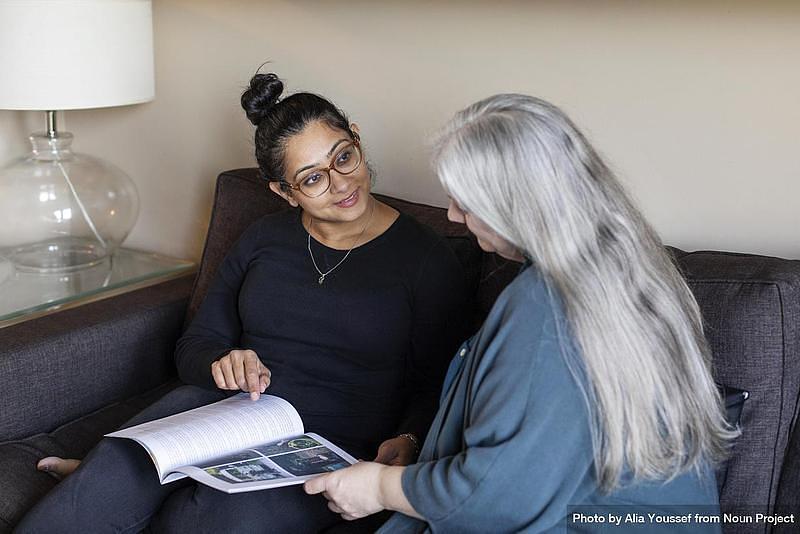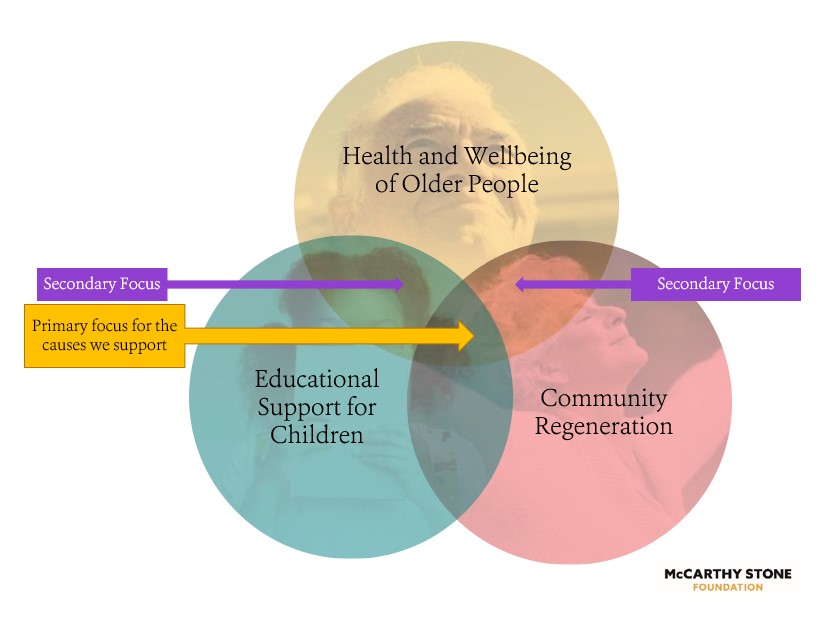News & Events
Enjoy our selection of true stories
What makes a great grant application?
As we look to open up our grants programme once again for expressions of interest, we wanted to share a bit more about what we look for in an application/EOI, how we assess and score grant applications, and how decisions are taken over where and who to allocate funding to. Writing applications can be time-consuming and challenging, especially for those new to grant writing, so we want to help you get a positive result from your efforts.
We are a comparatively small funder, typically awarding grants of up to £5000, however, we will consider applications for higher amounts where our resources permit, and where the application scores highly.
For expressions of interest, we are really interested in what your programme will achieve, what will our support change, and who for.
For applications, we then look a bit deeper at how the programme will be managed, how risk is controlled, and how the organisation itself is governed and aligned with our work.
We review all applications across four criteria:
: Focus
: Impact
: Risk
: Organisation

Initial reviews of Expressions of Interest are conducted by our Foundation Manager, and those put forward for application are reviewed quarterly by our Trustee Board, supported by the Foundation Manager. Our next application reviews are on September 21st and December 14th.
: Focus – here we are looking primarily to see how well your work aligns with our primary grants focus. We are looking for intergenerational projects that work with older adults and young people, and ideally with a community regeneration element.
: Impact – Simply put, what will change as a result of our funding, and who for? How will you measure this? If possible, it is great to include your planned outputs (what you will deliver) and outcomes (what will the changes be). These should be SMART in nature, specific, measurable, achievable, relevant, and timescaled. A simple example might be:
“We will create 100 intergenerational friendships over the next 12 months, which will improve the wellbeing of isolated older adults in the local community. This will be measured through use of the Warwick-Edinburgh Mental Wellbeing Scale, which will be assessed at 0, 6, and 12 month intervals.”
An overview of how you will be funding the project and projected costs are helpful. We are happy to provide funding to cover core costs, salaries, etc.
: Risk – here we are looking at a few areas, principally, will the programme deliver the planned outcomes? Is the organisation able to deliver the programme itself? In addition we will want to be sure that you are managing your risks internally, and that the organisation has robust plans in place to control any potential risks if they occur.
: Organisation – Lastly, we take a look at your overall organisation. Is it well governed and led? Are all your reporting requirements up to date? Have you delivered similar programmes in the past successfully? Is your work inclusive? What region do you work in? Are there additional opportunities for us to add value to our funding through volunteering or project support?

Writing numerous applications can get tiresome, so we recommend developing a Case for Support for your project or organisation that can save you precious time with grant applications. If you already have one in place, you can just send that to us as your Expression of Interest.
It can be difficult to come up with outcomes and outputs for some projects, particularly community regeneration work, so if you need a little additional support with this, please contact our Foundation Manager who can help you with this.
And remember, it’s horrible having to tell people we can’t award them funding. We would much rather say YES, but if your project isn’t right for us, we will try to point you in the direction of funders who may be a better fit. We will always respond to every enquiry we get, but we do receive a large amount, so it’s worth taking a little time – a one-line email asking for a grant is not likely to stand out.
Good luck, we are now welcoming Expressions of Interest for our next grants round. Please read the McCarthy Stone Foundation Grant Guidance V3 first, it contains lots more information that can support your initial email.